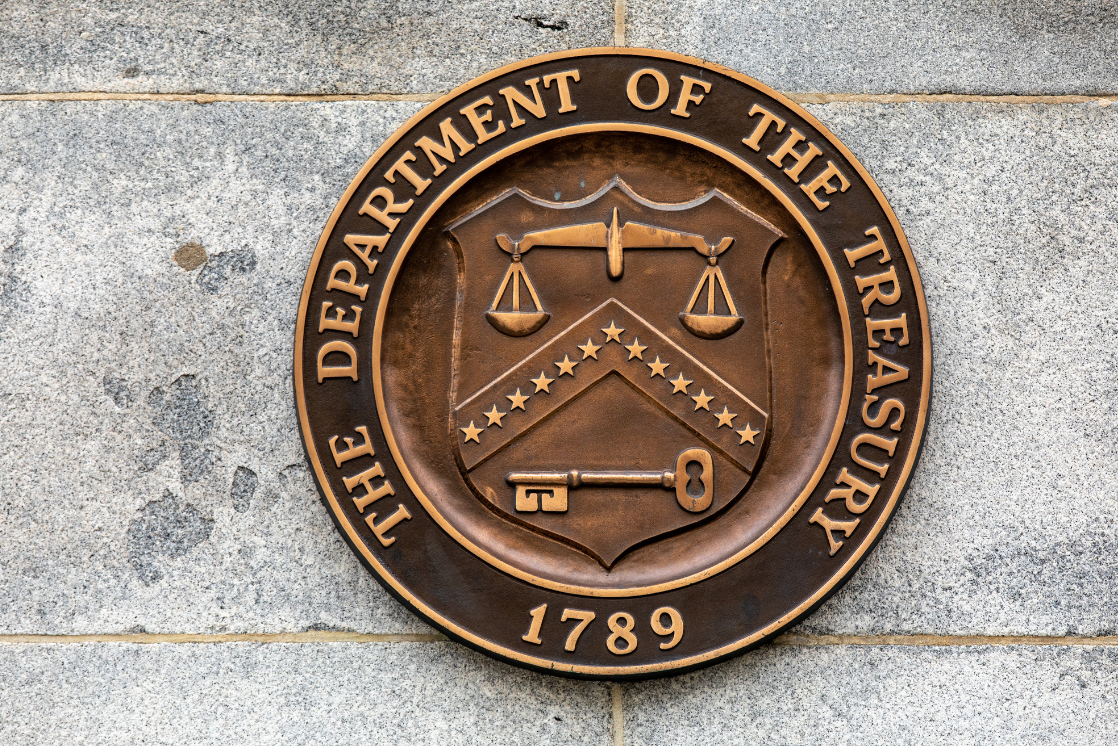January 2024 Bulletin: FinCEN Access to Private Information
Corporate Transparency Act Authorizes Access to Government and Financial Institutions
The United States Department of the Treasury along with the Financial Crimes Network (FinCEN) implemented the Corporate Transparency Act in an effort to track illicit finances that funds drug trades, fraud, terrorism, and other crimes that enhance corporate transparency. The procedures for compliance and access to information are governed by three separate FinCEN rules: the Reporting Rule, the Access Rule and the future Customer Due Diligence Rule.
The purpose of the Access Rule is to protect the information submitted to FinCEN by a Reporting Company.
Reporting of Beneficial Owner Information Now Active
The “Reporting Rule” is effective January 1, 2024, and requires certain corporations, LLCs, partnerships and similar entities must report the name, address and ownership interest of their beneficial owners. The Beneficial Ownership Information (BOI) will be managed by FinCEN and access to this information will follow certain guidelines.
Who and When: Filing of Initial Beneficial Ownership Information Deadlines
The FinCEN technology portal for a Reporting Company to report BOI is currently active as of January 1, 2024. The portal will collect, process and store the BOI for use by the government and other interested parties, as described below.
Entities created prior to January 1, 2024 must file their BOI information via the FinCEN portal by January 1, 2025. Entities formed after January 1, 2024 must file their initial BOI within ninety days of formation.
Who Can Access the Portal and BOI Information?
In a news release on December 21, 2023, FinCEN discussed the “Access Rule,” which governs the protection of BOI information submitted to FinCEN. This rule outlines who has access to the BOI portal and how other individuals may obtain BOI information. The Access rule is currently set to be effective on February 20, 2024, at which time eligible institutions will be allowed access to the portal. Only authorized recipients will have access to BOI and the information may only be used for authorized purposes.
Direct Access to Beneficial Owner Information on FinCEN Portal
The following authorized domestic government agencies and financial institutions have direct access to search and view FinCEN’s BOI information using the portal:
- Federal agencies working in national security, intelligence, or law enforcement activity;
- State, local and tribal agencies;
- Foreign law enforcement agencies, judges, prosecutors and other authorities that meet other specified criteria;
- Financial institutions with customer due diligence requirements;
- Regulators supervising institutions;
- Treasury Department Officers and employees.
Foreign requesters do not have direct access to the FinCEN portal. Instead, they must make a request for information directly to FinCEN.
Type of Access Allowed Based on Category of Requester
The Corporate Transaction Act (CTA) lists requirements for each of the categories and are subject to security and confidentiality of the BOI. A summary of key requesters is included below.
Domestic Agencies: Direct Access, Reporting Company Consent Not Required
Domestic agencies requesting access to the Reporting System must establish and maintain a secure system for accessing and maintaining information received from FinCEN and must comply with specific security protections prior to obtaining access.
State, local and tribal agencies and tribunals, as well as law enforcement, will have access to BOI upon certifying that they have court authorization to receive BOI from FinCEN, without providing supporting documentation.
Financial Institutions: Direct Access, Reporting Company Consent Required
Financial institutions may satisfy the security standard by using the same security and information handling procedures that they use to comply with existing regulations (i.e., the Gramm-Leach Bliley Act or they must develop and implement administrative, technical, and physical safeguards reasonably designed to protect the information and provide written consent from the Reporting Company that the Financial Institution may conduct the search.
Financial institutions are authorized to use the information obtained for purposes beyond CTA. This includes compliance with Anti-Money Laundering, Office of Foreign Assets Control or other know-your-client (KYC) processes.
If a foreign government contacts a domestic financial institution requesting BOI information, the domestic financial institution must notify FinCEN within three days of receiving the request.
Foreign Requesters: No Direct Access
Foreign entities will not have direct access to the portal. They must request the information directly through FinCEN. If an international treaty, agreement or convention applies to the foreign entity, it must comply with all applicable rules.
Foreign requesters of BOI that are not governed by a treaty or convention must establish standards and procedures to protect the security and confidentiality of BOI, maintain the BOI in a secure system, and restrict access to the information, among other requirements.
Authorization to Redisclose BOI Information and Illegal Sharing
Recipients of BOI information are authorized to redisclose the information received for internal purposes, such as among officers within the same agency, to parties in a civil or criminal court proceeding, or foreign authorities consistent with an international treaty or convention under which the BOI was received.
FinCEN also can authorize the disclosure of BOI to an authorized recipient under a circumstance where there is an authorized purpose for the redisclosure.
Significant Penalties for Illegally Disclosing BOI
Violations of these rules and knowing disclosure of BOI and knowingly used in an unauthorized manner has both civil and criminal penalties attached to it. Civil penalties are in the amount of $500.00 daily if the violation continues. Criminal penalties are a fine in the amount of $250,000.00 and imprisonment for up to five years.
Institutions that violate this can be suspended or disbarred from the BOI IT system.
Compliance and Next Steps
These rules might continue to evolve as the CTA rolls out in the coming year. FinCEN will publish forms on its website for comments. Later this year, FinCEN will provide guidance on the Customer Due Diligence Rules governing ongoing compliance reporting
changes to beneficial owners.
Contact Us for Assistance
If you have any questions on the CTA or how it may apply to your small business, please contact our office at 212-328-9568 or via email at assistant@abelajlaw.com.
If we do not hear from you by February 15, 2024, we will assume that you do need our assistance with the CTA.





Pingback: Federal and New York State Corporate Transparency Act; Act Now! – Jennifer V.Abelaj Law Firm
January 12, 2024 at 3:41 pm